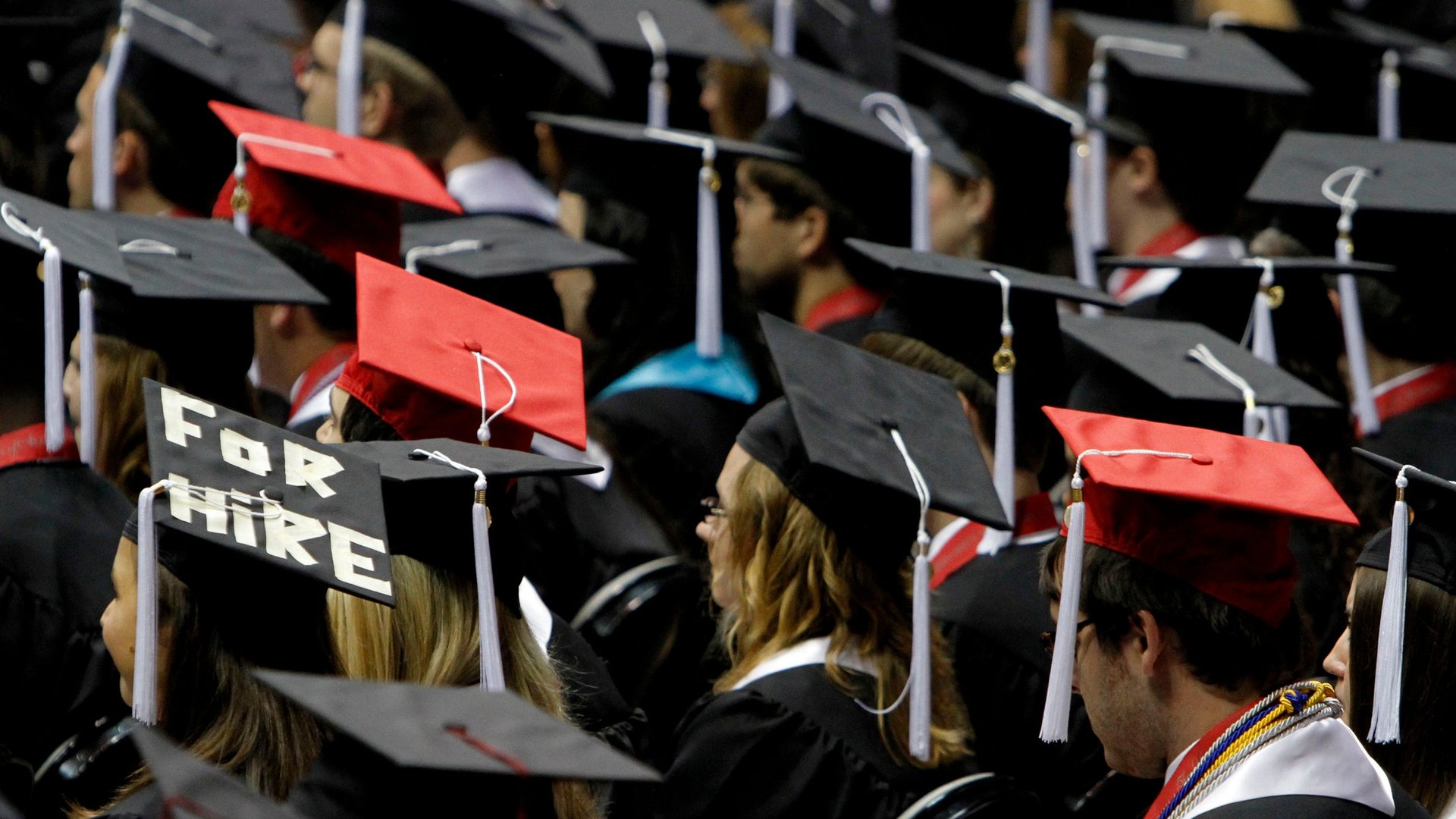It’s not just Google that cares less about hiring graduates from top schools
Traditionally, a degree from a high-profile university was a pretty surefire way to get a good job. But business leaders are now echoing Google by saying that college pedigree and major don’t matter as much as people think in hiring decisions.


Traditionally, a degree from a high-profile university was a pretty surefire way to get a good job. But business leaders are now echoing Google by saying that college pedigree and major don’t matter as much as people think in hiring decisions.
A new Gallup survey finds that in hiring decisions, only 9% of business leaders say that the school on a candidate’s diploma is “very important,” compared to 84% assessing knowledge in the field and 79% looking at applied skills.
Public perception has certainly not caught up to the shift: 30% of the public thinks college major is a factor and 50% say it’s somewhat important. Thirty-seven percent of business leaders say it’s somewhat important in their decisions.
There’s a similar though less pronounced gap, when it comes to college major.
“For business leaders, what your major was, where you went, none of that matters as much—it’s the skills,” Brandon Busteed, the executive director of Gallup Education told Quartz. “They think that if you go to Princeton and you major in engineering and have the skills I’m hiring for great, but if you majored in engineering in Princeton and can’t do the job, what does it matter?”
That might be more aspirational than true in practice. Busteed points out that many top companies still hire from a narrow set of institutions. But the survey points to a greater emphasis on hiring people with specific skills.
School rankings have been found to matter when it comes to pay, an effect which rises over time. Graduates of elite private schools in particular get paid more according to a report from the Century Foundation (pdf). Elite industries like professional services and finance put more weight on top schools in hiring decisions.
Google’s head of people operations Laszlo Bock told the New York Times that top graduates can lack “intellectual humility,” and that schools frequently don’t deliver on what they promise.
“You can read those figures a couple ways,” Busteed says. “It could be that higher education is really not preparing people at all and we have a broken system, or just a fundamental misunderstanding. Either way it’s a tragedy, and either way we need a dialogue about how how to change.”
Educators seem to think that they’re effectively preparing students for the job market: 96% of college provosts say students are prepared, compared to 14% of the public, and 11% of business leaders. If schools in general aren’t doing a good job of preparing students, then companies over time could be less willing to pay a premium pay for graduates of prestigious schools.